Not a rising star. The Star. I would say Elena has the magic to work deals but the truth is the Government knows she will litigate the issues. She is prepared to go to trial and unafraid to do so. Absolutely one of the top criminal defense lawyers in the nation to day.
Understanding the Pre-Trial Process
The pre-trial process determines how your case moves forward before it ever reaches a courtroom. Our NYC defense lawyers focus on protecting your rights, negotiating with prosecutors, filing motions to suppress evidence, and positioning your case for the best possible outcome.
-
24/7 Legal Support and Case Guidance
-
Strategic Pre-Trial Motions to Strengthen Your Defense
-
Focused on Dismissals and Favorable Plea Outcomes
-
Experienced in NYC Criminal Courts and Procedures
-
FREE & CONFIDENTIAL Consultations
- Top Ten Ranking 2025
- top 40 under 40
- national association of distinguished counsel
- lawyers of distinction
- Avvo rating - 10 superb
- Elite Lawyer Legal Excellence
- Expertise: Best Criminal Attorney in Brooklyn 2021-22
- 10 Best 2019
- America's Top 100 Criminal Defense Attorneys 2020
- The National Top 100 Trial Lawyers
- Rated by Super Lawyers

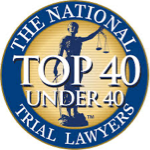


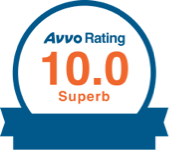






When you’re accused of a crime in New York City, what happens before trial can be just as important as the trial itself. The early stages—arraignment, bail hearings, motions, and negotiations—often determine whether a case moves forward, gets reduced, or even dismissed. This “pre-trial process” shapes outcomes long before a jury is involved. At The Fast Law Firm, we want you to understand what lies ahead so you can make informed choices and feel more prepared.
What Happens at Arraignment in NYC?
The arraignment is usually the first court appearance after an arrest. In most cases, this happens within 24 hours. You’ll be formally charged, and the judge will read the accusations against you. You also enter a plea—usually “not guilty”—at this stage.
This hearing is not just a formality. It’s when the judge decides whether you’ll be released while your case moves forward. Having an attorney by your side helps ensure your rights are protected from the very beginning.
How Is Bail or Release Decided?
At arraignment, the judge may:
-
- Release you on your own recognizance
-
- Place you in NYC’s Supervised Release program
-
- Set bail in an amount you must pay to be released
-
- Order you held in custody until trial
These decisions are based on factors like the seriousness of the charge, prior record, and ties to the community. In New York City, judges also have non-monetary options that allow people to remain in the community while awaiting trial.
What Are Pre-Trial Conferences?
After arraignment, courts often schedule pre-trial conferences. These are short court dates during which the judge checks on the status of the case. The defense and prosecution may discuss whether evidence is ready, whether motions are planned, or whether a plea offer might be considered.
These conferences give both sides a chance to resolve issues before trial. They can also be opportunities for your lawyer to negotiate with prosecutors and push for a better outcome.
What Is Discovery in NYC Criminal Cases?
Discovery is the formal exchange of evidence between the prosecution and defense. New York’s discovery laws require prosecutors to turn over most of their evidence early in the case. This can include:
-
- Police reports
-
- Witness statements
-
- Video or audio recordings
-
- Lab results or medical records
Discovery is often ongoing, meaning new evidence can be shared as it becomes available. Having a defense team that carefully reviews every piece of evidence is key, since what’s uncovered here can form the backbone of your defense.
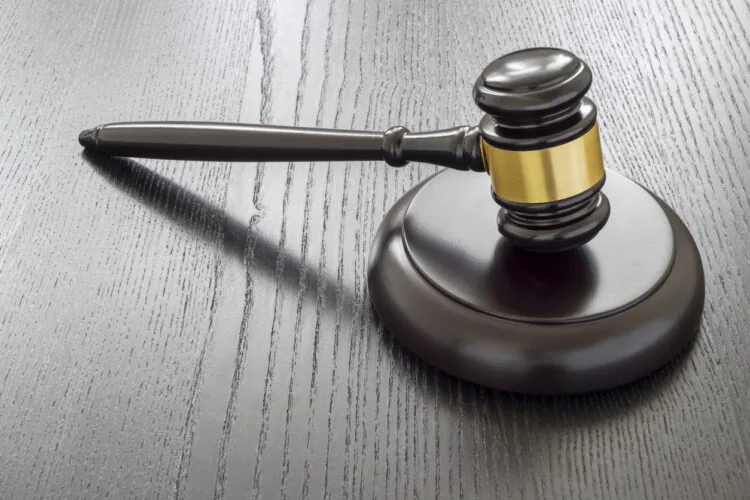
What Are Pre-Trial Motions?
Motions are legal arguments filed by your lawyer, usually before trial. These can take weeks or even months to be decided. Common motions include:
-
- Motion to dismiss: arguing that charges should be dropped due to legal defects
-
- Motion to suppress: asking the judge to exclude evidence obtained illegally (for example, through an improper search)
-
- Motion for discovery enforcement: ensuring prosecutors hand over required evidence
Judges in New York City criminal courts handle a high volume of these motions. A strong motion can significantly improve your position, sometimes even leading to dismissal.
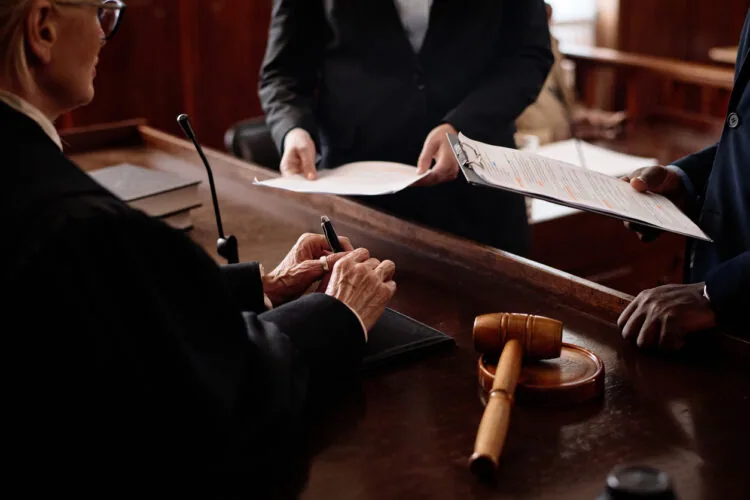
At The Fast Law Firm, we approach every case with the urgency and attention it deserves. We’re the law firm that slows down to get to know you. That begins with founder Elena Fast, whose leadership shapes how we defend our clients and how we treat them as individuals, not case numbers.
Elena is personally involved in building your defense from day one. She listens, evaluates the facts with care, and collaborates closely with our team to develop a strategy tailored to your goals. It’s a level of involvement you don’t often find in a city as fast-paced as New York, and it’s something our clients value.
We prepare thoroughly, communicate clearly, and take your case as seriously as you do. Prosecutors know when they’re up against a defense team that’s ready for trial. So do judges. If you’re ready to fight back, we’re prepared to help.
- new york post
- the new york times
- fox news channel
- the guardian
- forbes
- abc news
- reuters TV
- the sun - new york
- patch
- RT
- msn
- news 12
- voice of america
- westfair communications
- yahoo!












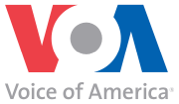
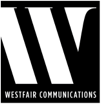

How Does Plea Bargaining Work in NYC?
The majority of criminal cases in NYC never reach trial. Instead, they are resolved through plea bargaining. This process involves negotiations between the defense and prosecution, often with input from the judge.
A plea bargain may allow you to plead guilty to a lesser charge or receive a reduced sentence. Timing matters, as offers can change depending on the stage of the case. An attorney who understands how local prosecutors approach plea deals can help you weigh the risks and benefits of accepting or rejecting an offer.
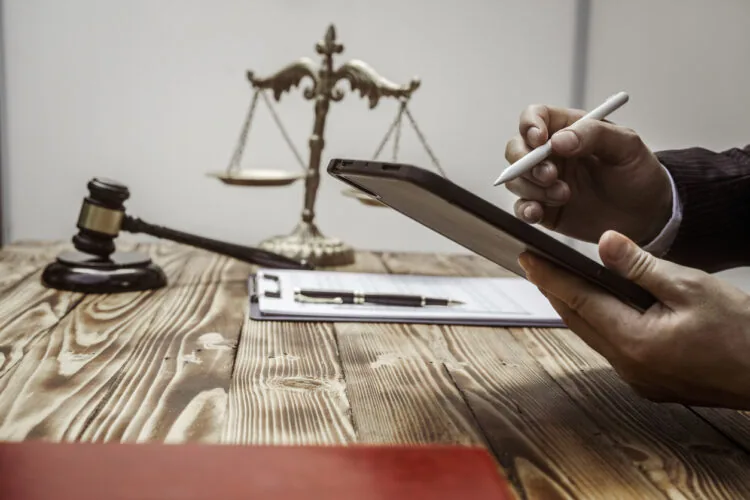
How Long Does the Pre-Trial Process Take?
There’s no single timeline. Some cases resolve in a matter of weeks, while more complex ones can stretch over many months. Factors that affect timing include:
-
- The seriousness of the charges
-
- How quickly evidence is shared
-
- The court’s calendar and caseload
-
- Whether motions are filed and argued
Understanding that the process can be lengthy helps manage expectations. Our role is to keep you informed at each stage and push for the best possible resolution.
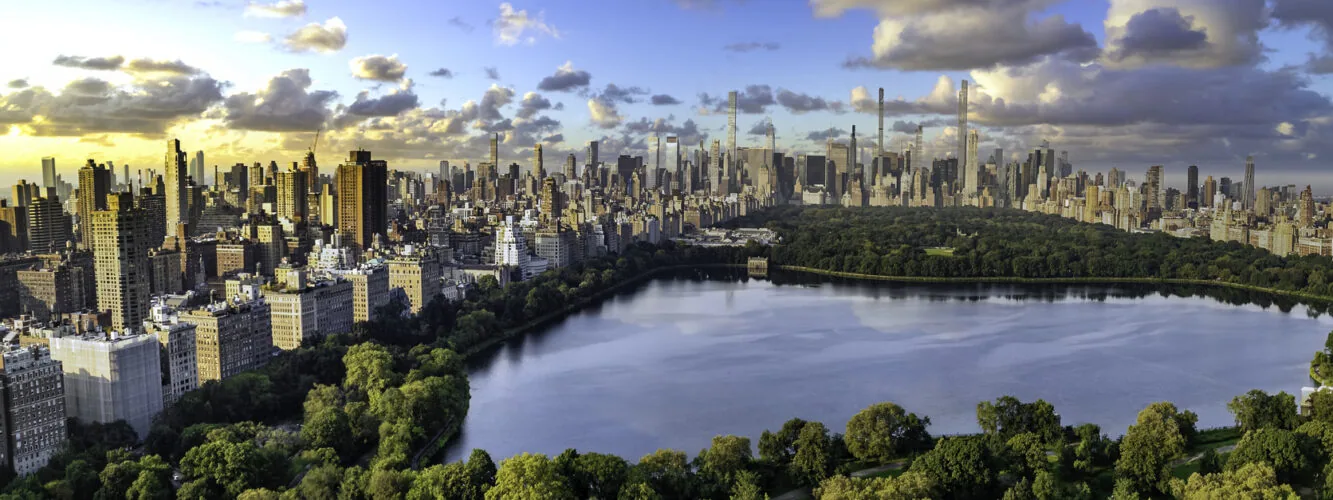
Why Legal Guidance Matters Before Trial
The pre-trial process is not just “waiting for court.” Each stage—from arraignment through plea discussions—carries opportunities and risks. How these steps are handled can shape the outcome of your case.
At The Fast Law Firm, we stand with clients in New York City through every part of this process. If you or a loved one is facing charges, reach out today. We will help you understand your options, protect your rights, and fight for your future.
Frequently Asked Questions About the Pre-Trial Process in NYC
How soon after an arrest will I appear in court in New York City?
Most people are arraigned within 24 hours of arrest, though timing can vary depending on court volume.
Can charges be dropped before trial?
Yes. Strong pre-trial motions, weak evidence, or successful negotiations can sometimes lead to charges being dismissed before the trial begins.
Do I have to accept a plea bargain?
No. A plea bargain is optional. You always have the right to take your case to trial, and your lawyer will help you weigh the risks and benefits.
The best law firm ever! They came thru for me when I really needed them.
The Fast Law Firm. Excellent attorney—very professional, knowledgeable, and dedicated. Handled my case with care and delivered great results. Highly recommend
My name is Christina. I found The Fast Law Firm via online search. I consulted with Michael Perkins about a criminal charge and needed his input. This gentleman was so helpful. He went above and beyond with helping me. I appreciate his expertise on moving forward with my case. Michael reassured me that my case…
Continue ReadingI talked to Sam. She was very calm, well spoken, and organized. She was very helpful! Then Mr. Perkins picked up my case and reached out to me to talk everything through and assured me it was going to be ok. he got my case dismissed right away! Best law firm I’ve ever worked with….
Continue ReadingBest law firm I ever worked with! Samantha (aka Sam) was extremely helpful and responsive. She picked up my case right away and assisted me the best she could. Everything worked very smoothly and got my case dismissed in arraignment. Great firm to work with! Would recommend any day!
